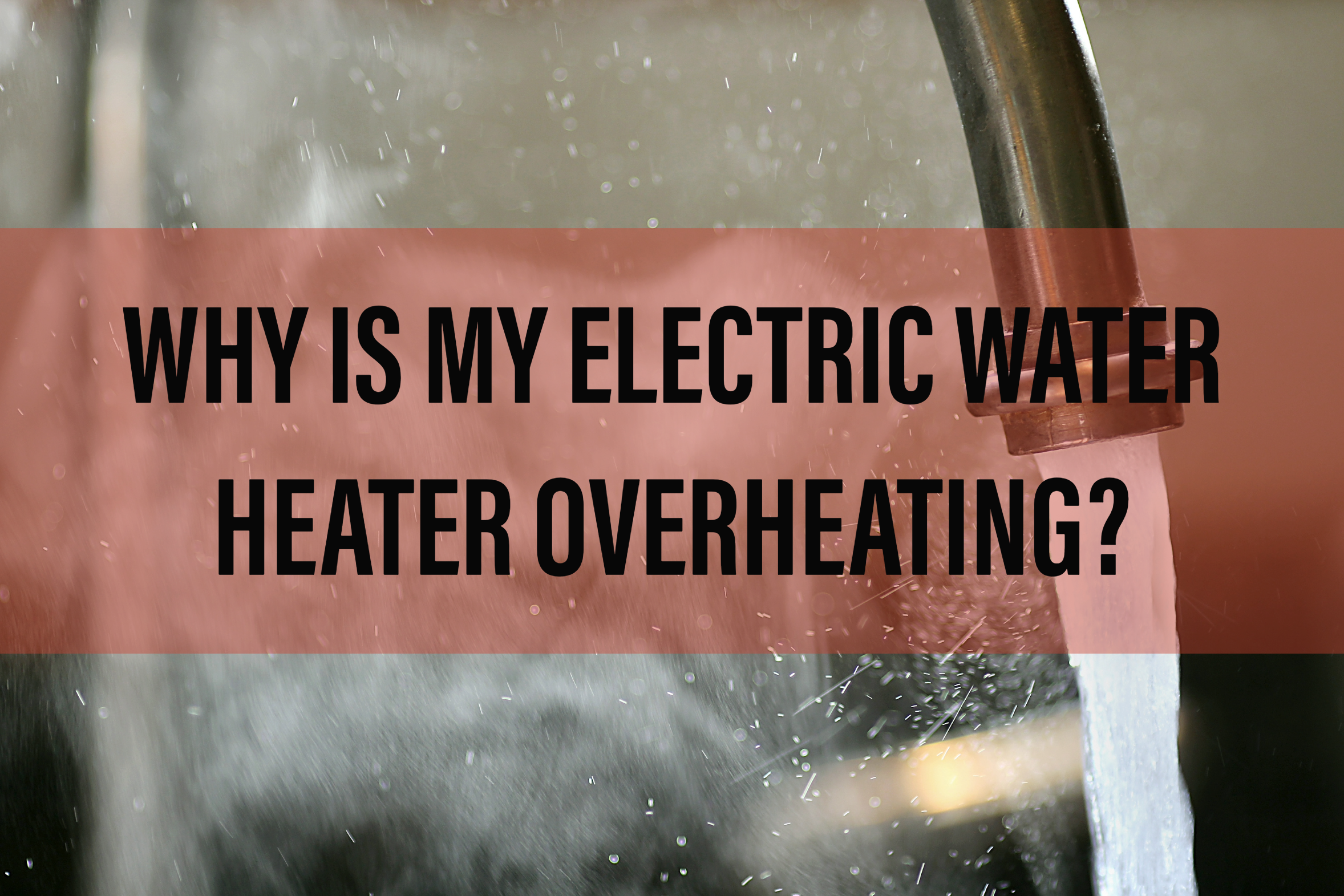One common issue with electric water heaters is that they can become excessively hot. As a result, you may experience scalding hot water from your sinks and showers. Furthermore, prolonged overheating can cause damage to your water heater. If you find yourself in this situation, you might be wondering what caused the overheating and what steps to take. The good news is that your team at Westerville Plumbing & Drain is here to help you out! We’ve put together the three most common reasons why your electric water heater might be overheating:
1. The Troublesome Thermostat
The thermostat in your electric water heater is vital for maintaining the water temperature in the tank. It acts as the control center, activating the heating element to keep the water at the desired temperature. However, issues with the thermostat can cause overheating if the thermostat is set too high or if it is malfunctioning. When the water heater’s thermostat is set too high, It wastes energy but can also lead to water that is dangerously hot. A malfunctioning thermostat may not accurately measure the water temperature or properly control the heating element. As a result, the heating element may stay on longer than necessary, leading to overheating.
To determine if the thermostat is causing the problem, begin by confirming that it is set to the correct temperature. If the issue continues, it is best to contact a professional for an inspection and possible replacement of the thermostat.
2. The Faulty Heating Element
The heating element is what heats the water in your electric water heater. Over time, like any mechanical part, it can wear out. When this happens, it may become less efficient and cause problems like overheating. Another reason a heating element may be considered faulty is when it becomes stuck in the “on” position. When this happens, it continuously heats the water, even when it has reached the desired temperature. This continuous heating can result in overheating. So, if you think your heating element is not working properly, it’s time to call a professional. A licensed plumber can identify the problem and replace the element if needed.
3. The Buildup of Sediment
Over time, sediment, which mainly consists of minerals and debris from your water supply, can accumulate at the bottom of your water heater tank. (That’s why regular maintenance is crucial!) The accumulated sediment acts as an insulator, creating a barrier between the heating element and the water. This causes the heating element to struggle to transfer heat effectively, resulting in the overheating process. To remove the sediment buildup, the tank will need to be flushed thoroughly. Due to the involvement of water and electricity, we highly recommend having a licensed plumber perform this task. Safety first!
In conclusion, an overheating electric water heater is a problem that requires immediate attention to prevent scalding, unit damage, and increased energy costs. If you’re facing overheating issues, feel free to contact us. We will gladly get you back up and running again!
Call Westerville Plumbing & Drain today at (614) 540-3437, or schedule an appointment online now by clicking here!

